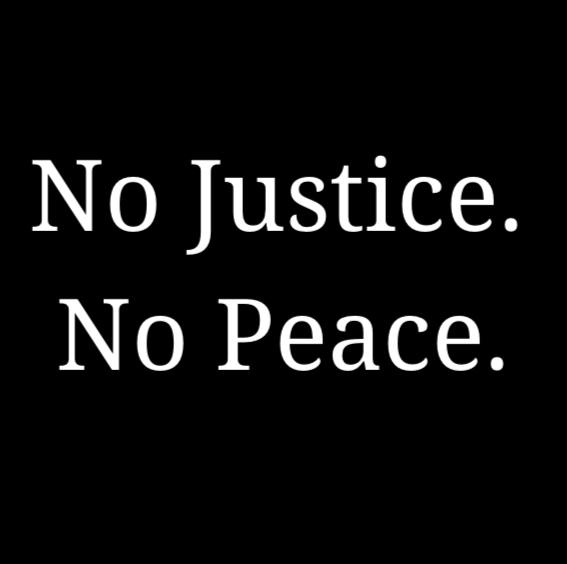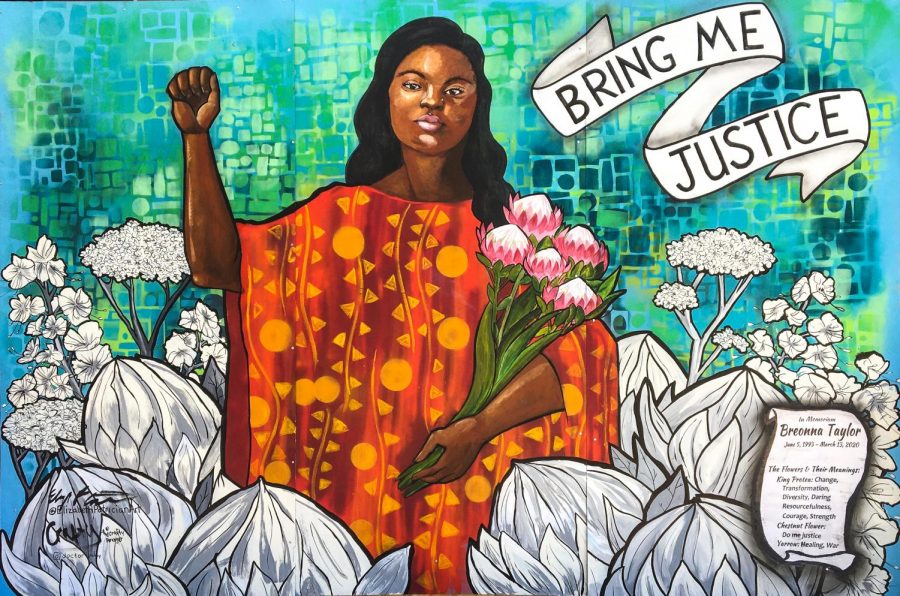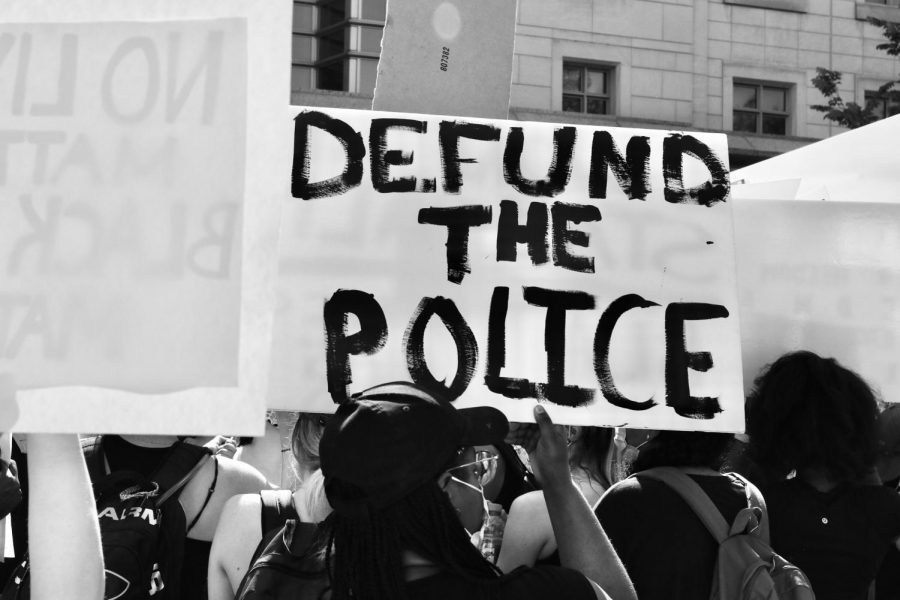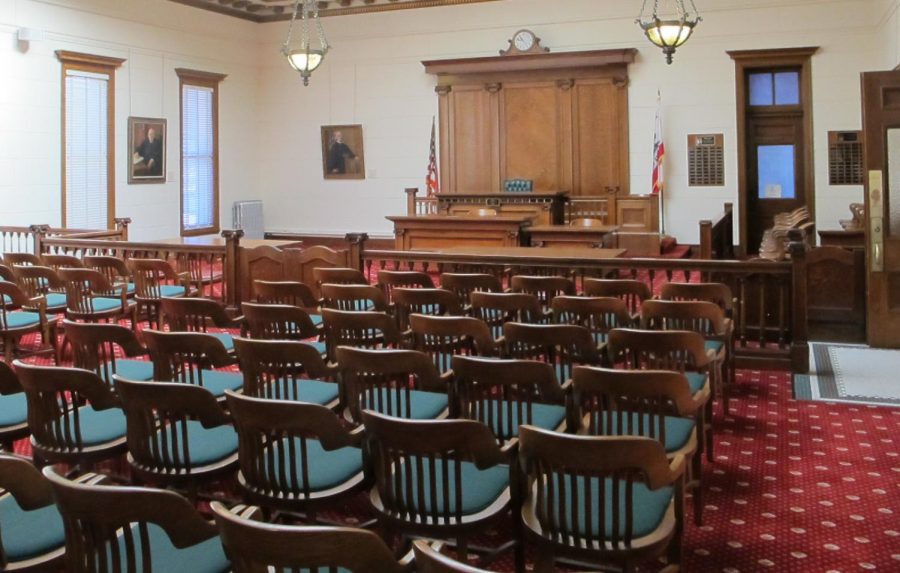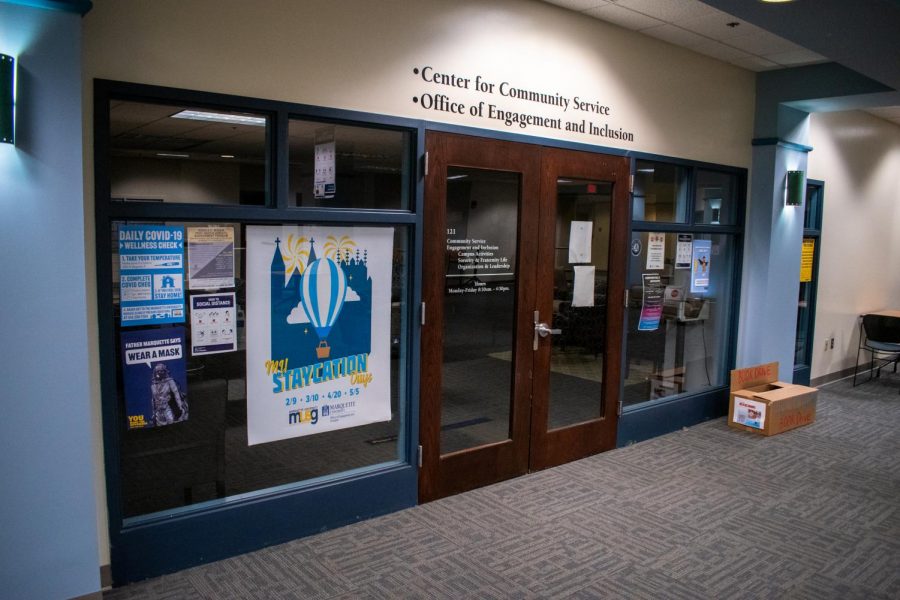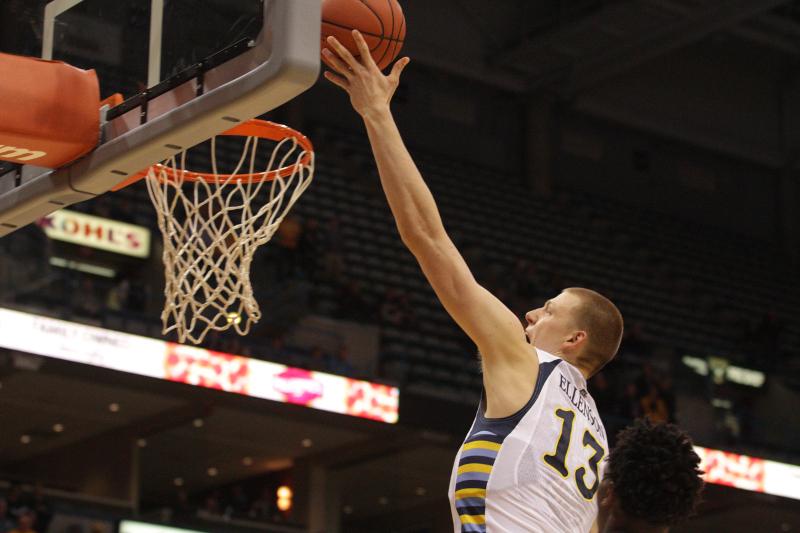It’s been two weeks since the 2016-’17 NFL season kicked off, and several players have decided to join San Francisco 49ers quarterback Colin Kaepernick in his decision to kneel during the national anthem. Given the current political climate and social tensions of the nation, this subtle, symbolic, thoughtful and peaceful demonstration goes beyond football and holds an important lesson on free speech for all Americans.
As citizens, we have the right to agree or disagree with his message. However, as Marquette students, tasked with the daily duties of learning and opening our minds to new ideas, we also have the responsibility to thoughtfully examine the purpose of Kaepernick’s demonstration.
Kaepernick kneeling or sitting at the beginning of games went almost unnoticed a few times, as he was surrounded by other players standing, but as he continued this action into the regular season games and other players joined him, it received much media attention. He explained he sat because of the oppression of people of color and recent police brutality in the United States.
“To me this is something that has to change. When there’s significant change and I feel like that flag represents what it’s supposed to represent, this country is representing people the way that it’s supposed to, I’ll stand,” Kaepernick told the Associated Press.
This isn’t the first time nationally recognized and esteemed athletes have used their standing in society to make a statement, advocate for change or raise awareness of an issue.
Back in July, WNBA players from several teams warmed up before games in #BlackLivesMatter #Dallas t-shirts.
At the ESPY awards that same month, Carmelo Anthony, LeBron James, Chris Paul and Dwyane Wade, four of the NBA’s biggest stars, called on other athletes to use their fame and influence to advocate for positive change in this time of violence, racial divide, distrust and anger.
Kaepernick’s actions, however, go beyond using the platform he has been given as an athlete to take a stand – or in this case, a knee. Not only did he use his influence and fame to call attention to an issue important to him, he did so in perhaps the most controversial and provocative demonstration from an American athlete in decades.
At the 1968 Summer Olympics in Mexico City, African-American track runners John Carlos and Tommie Smith were kicked off Team USA and sent home after their Black Power salute of raising their fists while the national anthem played and they accepted the gold and bronze medals in the 200 meter race.
That was just months after the April assassination of Martin Luther King Jr., while riots and demonstrations were breaking out all over the United States.
Colin Kaepernick is taking the act of standing for the national anthem – a practice that is assumed on the first day of elementary school – and reflecting on what that song and flag truly represent for people of color in our nation.
Granted the same right under the First Amendment that all citizens have, Kaepernick is raising awareness of how he feels the black population is treated in this country where we preach “liberty and justice for all.”
Kaepernick and these other players’ demonstration invokes thought: What does this anthem stand for? Are we living up to these ideals?
As the protests gain national attention, discussions of patriotism and respect for our nation’s military assess whether the players are justified in their actions. Especially on social media, pictures of injured veterans and American soldiers going into battle stifle the true purpose of the demonstration.
Here at Marquette, we students must, at the very least, consider what Kaepernick is trying to accomplish. We don’t have to agree with his message, but we do have to think critically about his right as a citizen to communicate this message in the way that he chooses.
The university is a place where the free expression of thought is not only allowed, but encouraged and developed. We’re all entitled to original thought, and we’re expected to use it to advocate for the rights of others. If we are quick to label Kaepernick unpatriotic or disrespectful, we waste our chance as American citizens with equal rights to speech and as intelligent, educated university students to make real, positive change in our nation.

